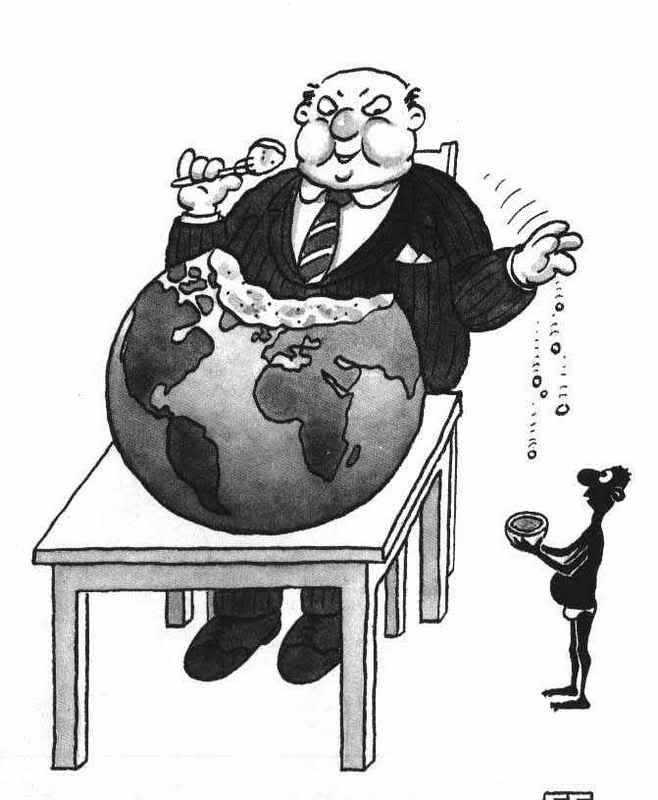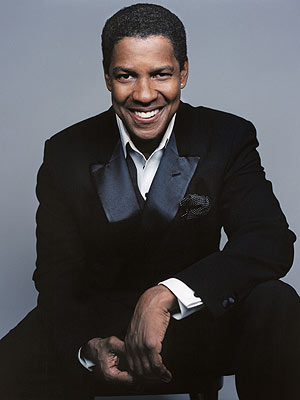12/15/08 - Classwork and Vocabulary
Aim: How can we recall information about the text and organize our thoughts and ideas in various forms?
Do Now: Complete the following sentence, I am Dorian Gray and my greatest sin so far is...and give a reason why?
Do Now: Complete the following sentence, I am Dorian Gray and my greatest sin so far is...and give a reason why?
I am Dorian Gray and my greatest sin so far is killing Basil Hallward over envy. He was a good friend and innocent gentleman who was just looking out for me. However, my personality changed because of how envious I was of his painting and felt the need to kill him. How cruel of me, and yet I can do nothing but try to forget that terrible night.
| Servility |
(Adj.) Having or showing an excessive willingness to serve or please others. All the children in the class silenced in a servile manner. |
| Garrulous |
(Adj.) Excessively talkative, esp. on trivial matters. Some state that Henry talks in a garrulous manner, especially when it comes to sports. |
| Impecuniosity |
(N) Having little or no money. Wolfgang Amadeus Mozart had died in impecuniosity. |
| Obsequious |
(Adj.) Obedient or attentive to an excessive or servile degree. Dorian's butler is extremely obsequious, as it is part of his job description. |
| Renunciation |
(N) The formal rejection of something, typically a belief, claim, or course of action. To become an excellent driver, it requires the renunciation of all possible distractions in the car. |
| Sensual |
(Adj.) Of or arousing gratification of the senses and physical, esp. sexual, pleasure When eating, I only pay attention to the sensual features of the food and not the sensual features of the environment. |
| Poignant |
(Adj.) Evoking a keen sense of sadness or regret. "Your poignant attitude is not appreciated at this memorial service," my cousin whispered. |
| Fopperies |
(N) A man who is concerned with his clothes and appearance in an affected and excessive way; a dandy. Some say that I am one of many fopperies that they know, however I beg to differ. |
| Profligacy |
(N) Recklessly extravagant or wasteful in the use of resources. Americans are world-renowned for their profligacy in automotive choices. |
| Pathos |
(N) A quality that evokes pity or sadness. Exams and quizzes always manage to invoke pathos into my overall attitude. |
| Alchemist |
(N) The medieval forerunner of chemistry, based on the supposed transformation of matter. It was concerned particularly with attempts to convert base metals into gold or to find a universal elixir. Some people today still believe in alchemists and their medicinal powers. |
| Frescoes |
(N) A painting done rapidly in watercolor on wet plaster on a wall or ceiling, so that the colors penetrate the plaster and become fixed as it dries. Becoming popular because of his frescoes, people from all of the world come to see how the artist is able to create such beautiful pieces of work. |
| Calumnies |
(N) The making of false and defamatory statements in order to damage someone's reputation; slander. Although some may not believe their calumnies have a lasting affect, they eventually find out the hard way that rumors are not fun and games. |
| Ego |
(N) A person's sense of self-esteem or self-importance. Although there are some people who are entitled to having an ego, it often leads to arrogance and a terrible personality. |
| Ennui |
(N) A feeling of listlessness and dissatisfaction arising from a lack of occupation or excitement. In order to sidestep any ennui, I will either browse the internet or make origami figures out of regular loose leaf paper. |
0 Comment



















